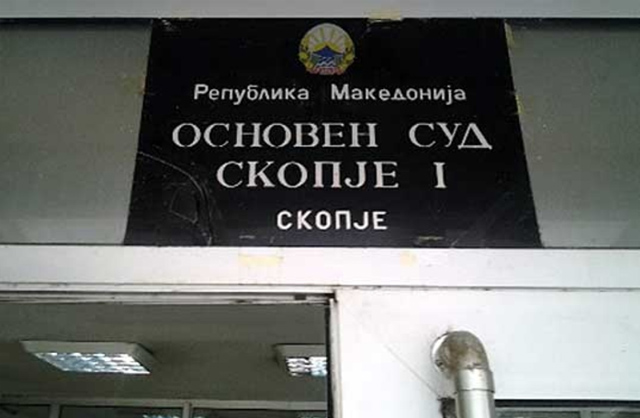The Basic Court Should not Interfere in the Autonomy of the Special Public Prosecution
March 31, 2016

Yesterday, on the 30th of March 2016, the Basic Court Skopje I refused to issue a search warrant following the request submitted by the Special Public Prosecution (SPP), with regard to the so-called “Fortress” case, opened against G.G. on account of the allegations that he took part in destroying wiretapping equipment.* According to the pretrial judge,** the order for search warrant was not issued due to two reasons: 1) SPP does not have factual competence to request issuing such an order, on account of its limited factual authority, which pertains only to unlawful interception of communications in the period from 2008 to 2015; 2) SPP in its request failed to provide precise description of the items that were to be confiscated.
After the permission was not granted, the pretrial judge asked the Criminal Council to pass its decision. The council assessed*** that the pretrial judge was right in determining that the search warrant should not have been issued. According to the Criminal Council, there are three reasons for such decision: 1) limited factual competence of SPP; 2) SPP’s request is not sufficient to determine the time period to which the content of the unlawful interception of communications is related; 3) SPP’s request is not sufficient to give rise to reasonable suspicion that the criminal offense in question can be derived from the unlawful interception of communications.
First of all, it has to be underlined that the pretrial judge mixed up the procedures “order for temporary confiscation of items” and “search warrant”. Namely, in order to issue a search warrant, the items that are to be located may, or may not be precisely described. Precise listing of items is necessary only in case they are all located and there is a need for them to be temporarily confiscated. By avoiding this line of argumentation in its decision, the Criminal Council demonstrated that they had obviously realized the pretrial judge’s mistake.
As for the Criminal Council’s argumentation with regard to SPP’s authority, we wish to underline that in accordance with Article 6 of the Law on SPP, this Prosecution Office enjoys full autonomy with regard to investigation and prosecution of criminal offenses connected with the unlawful wiretapping. Hence, we hold that the Criminal Council’s argumentation on this issue is legally unfounded, because Article 17 of the CCP, which the Criminal Council mistakenly invokes, refers only to the competence of the Prosecution Office as a subject, as opposed to the exemption of civil suit, while neither this, nor any other Article of the CCP does not grant to the Court the right and the possibility to assess and decide which Prosecution Office is competent in this particular case. Therefore, it is rather obvious that the Basic Court Skopje I Skopje has overstepped its authority.
On account of all these reasons, it follows that SPP’s request for issuing search warrant was valid and lawful, while the Basic Court I interfered in the autonomy of the Special Public Prosecution in an unlawful manner.
The Helsinki Committee wishes to encourage all judges to perform their duty autonomously and in accordance with international standards and the national legislation, especially so because of the huge pressure they are subjected to while working on these cases. We hold that only by respecting legal regulations the rule of law would be made possible, and thereby the protection of public interests and human rights would be factually implemented.
*https://www.jonsk.mk/2016/03/30/30-03-2016/


